The first castles
In the Middle Ages, the Aosta Valley was a compulsory passage towards Alpine passes. Thus, toll collections were an important source of power and income. Since the Aosta Valley wasn't directly controlled by any authority, it was easy to take the land and appoint yourself as its lord; therefore, local nobles moved away from the towns, in search of land where they could extend their domains. Castles, towers and fortified houses arose on unaccessible elevations to dominate vast stretches of land from above.
In the Aosta Valley, first castles date back from the beginning of the XI century; often they were built on previous fortified settlements. They consisted in a square tower, or donjon, surrounded by walls. Typical examples of fortifications from the 11th and 12th century are Graines Castle, the castle of Cly and Châtel-Argent castle in Villeneuve. Their chapels show the extreme simplicity of Romanesque religious architecture.
The evolution of defensive castles into mansions
In the following centuries, castles gets more complex. Residential functions, which were originally distributed in separate buildings, are brought together under one roof, and become more important than defensive functions. It's the case of Ussel castle and Verrès castle.
Late Gothic Fénis castle and Issogne castle complete the evolution of defensive castles of the Aosta Valley into urban mansions.
In addition to the castles which can be visited inside, many other castles, towers and fortified houses make Aosta Valley landscape unique and unmistakable.
Discover them all.




-9424%20(1).jpg?v=638267413400000000)


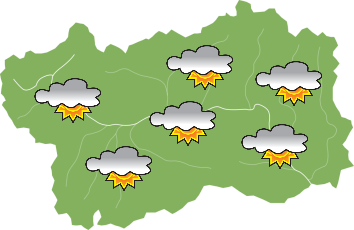
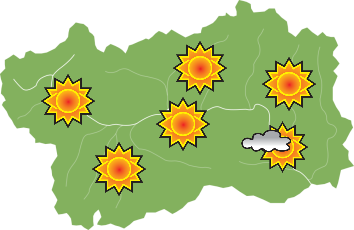
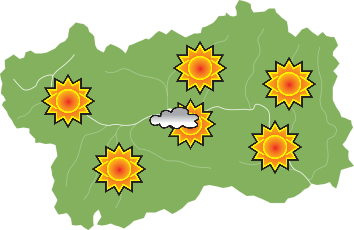
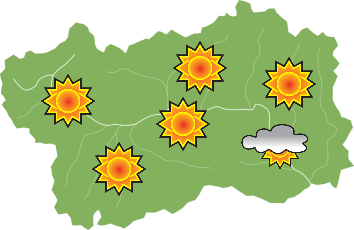
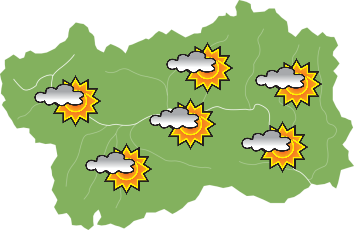
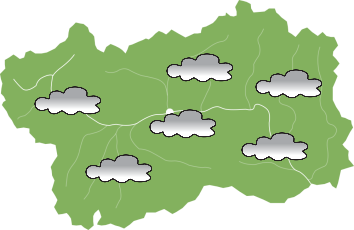
-8488%20(3).jpg?v=638512535685388947)
-17.jpg?v=638507789406843600)
-2554.jpg?v=638512148362931847)
-6401%20(1).jpg?v=638512535689607589)
-8572.jpg?v=638512535695857427)
-0058.jpg?v=638512535700857290)
-9410.jpg?v=638512535703982196)
-9998-Modifica.jpg?v=638507789399656307)
-0853.jpg?v=638512535707575915)
-1666.jpg?v=638512535717106884)
-9994.jpg?v=638512535724919176)

-0047.jpg?v=638512535728669073)
-787.jpg?v=638267413400000000)